- PHAROS Project
- Posts
- PHAROS Newsletter - March 2025 Edition
PHAROS Newsletter - March 2025 Edition
Welcome to the March 2025 edition of the PHAROS Project Newsletter. As we work towards addressing climate change and the human impact on marine biodiversity, we are excited to share updates on our recent event participation, introduce our sister projects, and provide insights into PHAROS and its mission.
EVENTS
PHAROS at European Ocean Days 2025: Advancing Marine Conservation and Innovation
From March 3rd to 7th, 2025, PHAROS actively participated in the European Ocean Days held in Brussels. This event brought together policymakers, researchers, industry leaders, and conservationists to discuss the future of our oceans. Our team engaged in key discussions on sustainable blue economy, marine biodiversity protection, and the latest innovations in ocean research. We collaborated with partners, including the BioProtect Project, to explore strategies for strengthening ocean governance and accelerating restoration efforts.
PHAROS to Join European Maritime Day, May 2025
We are pleased to announce that PHAROS will share a booth at the upcoming European Maritime Day with our sister projects, scheduled from May 21st to 23rd, 2025, in Cork, Ireland. This annual event brings together Europe’s maritime community to network, discuss, and outline joint actions on maritime affairs and the sustainable blue economy. Our participation will provide an opportunity to showcase our ongoing projects and engage with stakeholders committed to marine conservation. We will also take part in the MPA Game that we developed with our sister projects!
PHAROS SISTER PROJECTS
The sister projects of PHAROS
Collaboration is at the heart of our mission. We are proud to work alongside several sister projects dedicated to marine conservation and sustainable ocean use:
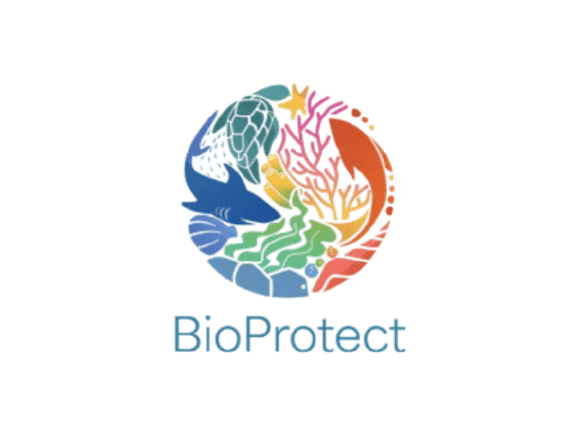
BioProtect: Innovating Marine Biodiversity Monitoring and Management
The BIOProtect project aims to co-develop and demonstrate ecosystem-based solutions to enhance the protection and restoration of biodiversity in marine and coastal ecosystems. Central to its efforts is the creation of an Area-Based Management Decision Support Framework (ABM-DSF) to support ecosystem-based maritime spatial planning (EB-MSP). This framework integrates governance recommendations, stakeholder engagement processes, advanced biodiversity monitoring, risk assessment, and capacity building to address multiple human-induced pressures and foster sustainable marine ecosystem management.
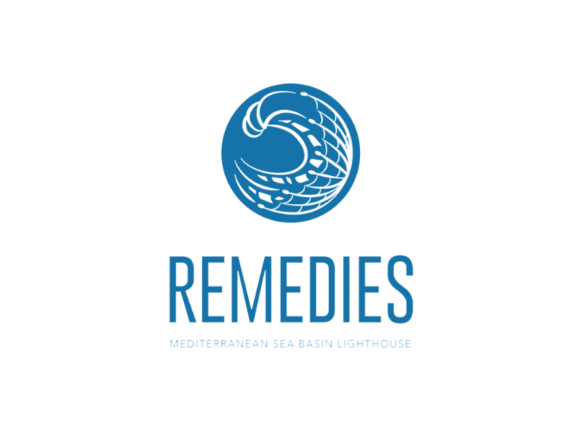
REMEDIES (IHA)
The REMEDIES project addresses the pressing challenges of marine pollution and climate change by innovating solutions for plastic litter detection, collection, and prevention. It emphasises science-driven innovation, circularity, and community engagement, employing advanced technologies and citizen science to foster a sustainable, climate-neutral blue economy. Two open calls will support regions in expanding plastic litter solutions and zero-waste supply chains.
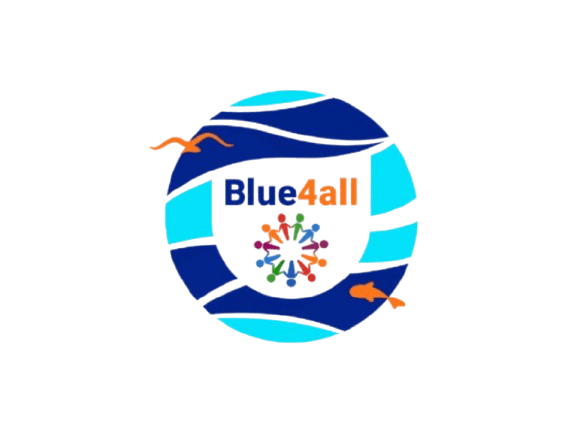
BLUE4ALL: Co-Creating Resilient Marine Protected Areas
BLUE4ALL is a Horizon Europe Ocean Mission project dedicated to tackling marine conservation and restoration challenges in Europe. The project introduces a novel approach to Marine Protected Areas (MPAs) that aligns with the EU Biodiversity Strategy and national initiatives. Central to BLUE4ALL’s methodology is stakeholder engagement, ensuring that the needs and concerns of local communities, policymakers, and industry representatives are integrated from the outset.
Collaborating with stakeholders from 25 information sites and Living Labs across the Mediterranean Sea, Baltic Sea, and North-East Atlantic regions, BLUE4ALL is developing tools to preserve and restore the marine environment in a socially sustainable and acceptable manner. These tools are being tested in Living Labs, culminating in the creation of a user-friendly Blueprint Platform designed to establish effective, efficient, and resilient MPAs and MPA networks. The project spans from January 2023 to December 2026.
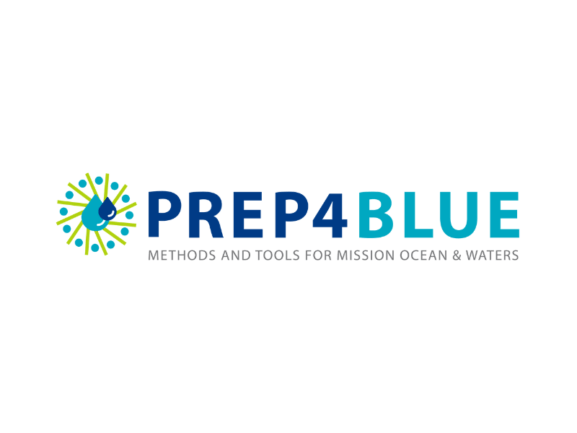
PREP4BLUE
PREP4BLUE supports the EU Mission “Restore Our Ocean and Waters” by laying the groundwork for research and innovation goals. Running pilot projects at Lighthouse sites, it develops tools, methodologies, and guidelines to foster stakeholder collaboration, citizen engagement, and knowledge management. PREP4BLUE emphasizes connectivity, enabling environments, and inspiring communication to advance the Mission’s objectives by 2030.
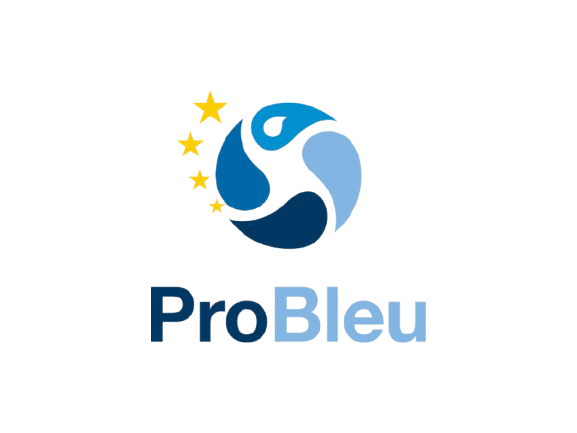
ProBleu
ProBleu aims to boost Ocean and Water Literacy beyond the classroom by supporting the Network of European Blue Schools (NEBS) and connecting schools with key scientific disciplines for sustainable and equitable exploitation of ocean and water resources. ProBleu’s heart lies within the European Union’s “Restore our Oceans and Waters” Mission, which focuses on revitalising aquatic ecosystems, including seas, oceans, and freshwater bodies, through research, innovation, and active citizen involvement. In particular, ProBleu aligns with the Mission’s goals to preserve marine and freshwater ecosystems, combat pollution, and protect biodiversity.
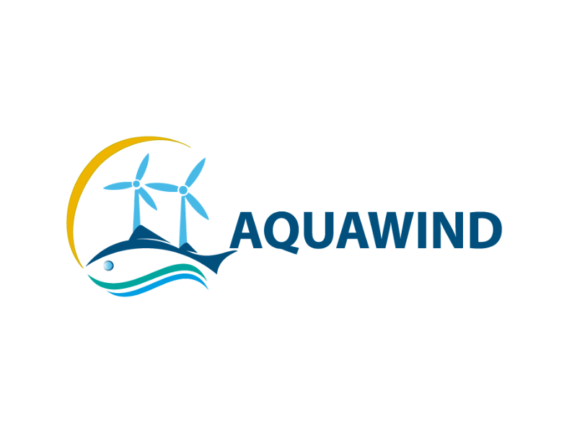
AquaWind
AquaWind demonstrates an innovative multi-use solution by combining offshore renewable energy and aquaculture. Using the Wind to Power (W2Power) floating wind prototype and a tailor-made finfish aquaculture system, the project explores digitalised operations, regulatory pathways, and real data to assess economic, environmental, and social sustainability. AquaWind sets a template for inclusive, multi-use marine resource sharing in the Atlantic Basin.
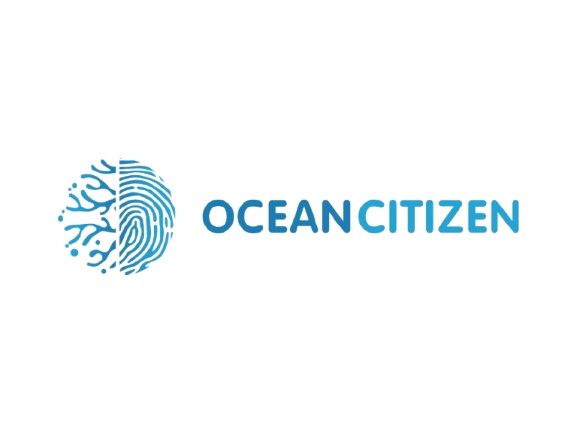
OCEAN CITIZEN
OCEAN CITIZEN aims to restore marine biodiversity and ecosystems through scalable, nature-based solutions and community engagement. By regenerating Marine Forests (MFs) and enhancing carbon sequestration, it develops replicable restoration protocols combining habitat, carbon immobilisation, and biodiversity recovery with societal and economic benefits. The project fosters an ocean-literate society and supports sustainable blue growth opportunities.
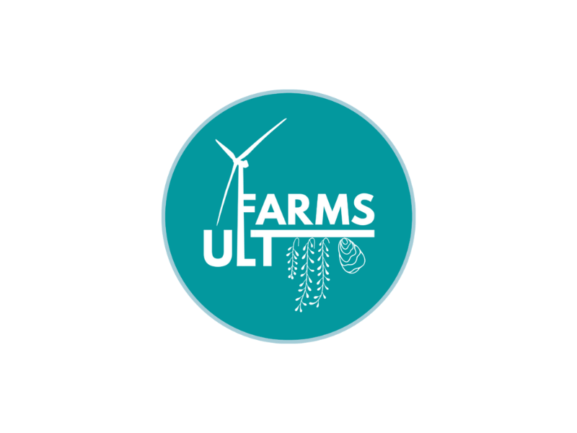
ULTFARMS
ULTFARMS is a pioneering Horizon Europe project that integrates low-trophic aquaculture (LTA) systems, such as seaweed and molluscs, within offshore wind farms in the North and Baltic Seas. By developing innovative engineering, ecological, and biological processes, it aims to optimise LTA production in challenging offshore conditions while promoting environmental sustainability, biodiversity, and low-carbon solutions. Six pilot projects will test these approaches, fostering a circular economy and advancing sustainable offshore aquaculture practices.
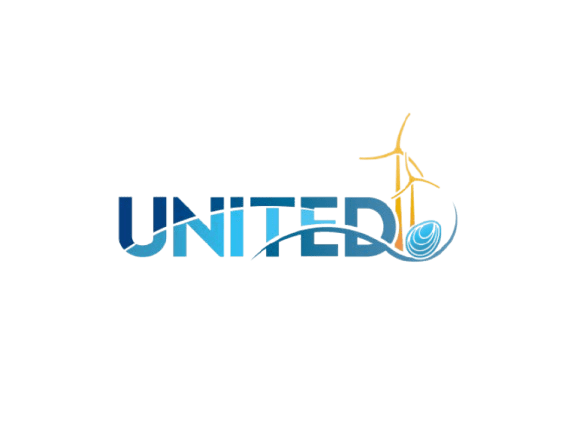
UNITED
The UNITED project demonstrated the viability of ocean multi-use by developing five pilots across European waters between 2020 and 2023. These pilots addressed installation bottlenecks, demonstrated business synergies, and proposed scalable, multi-use solutions. By integrating knowledge, technologies, and industrial actors, UNITED boosted Blue Economy capacity, improved operational cost-efficiency, and promoted sustainable, eco-friendly marine activities through inclusive resource sharing.
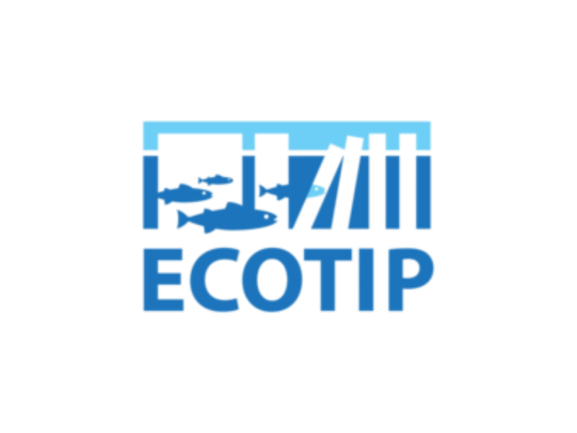
ECOTIP
The ECOTIP project investigates ecological tipping points in Arctic marine ecosystems under climate change. By combining data from expeditions around Greenland with historical and prehistorical records, it aims to predict changes in biodiversity and ecosystem services. The project focuses on the biological processes driving these changes, impacts on local communities, and the biological carbon pump’s role in climate mitigation, providing crucial insights for sustainable management and adaptation.
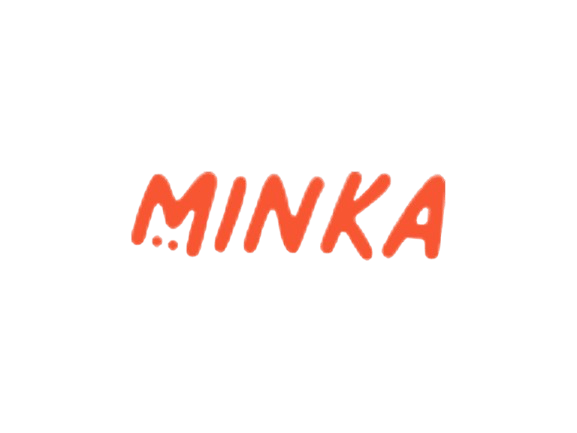
MINKA
MINKA is a citizen science platform developed by CSIC to collect and share biodiversity and environmental data, promoting marine biodiversity and ecosystem health. It integrates ICT cloud services and stakeholder engagement to empower communities, enabling accurate data collection, validation, and accessibility for researchers and policymakers. By supporting the Sustainable Development Goals (SDGs), MINKA fosters environmental sustainability, public engagement, and evidence-based decision-making for long-term impact.
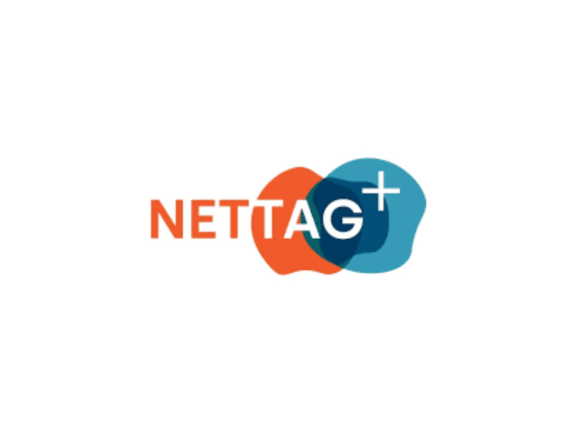
NETTAG+
The NETTAG+ project develops innovative solutions to reduce ghost fishing and mitigate the environmental impacts of abandoned, lost, or discarded fishing gear (ALDFG). Through collaboration with fishers, scientists, and NGOs, the project introduces acoustic tags for tracking gear, robotic tools for detection and recovery, and systems for marine litter prevention. It supports the EU’s goal to restore oceans by 2030, promoting sustainable practices and healthier marine ecosystems.

BlueMissionAA
BlueMissionAA serves as a coordination hub for implementing the EU Mission to restore ocean and water health in the Atlantic and Arctic basins. The project focuses on preserving and restoring marine ecosystems, developing monitoring frameworks, fostering innovation ecosystems, and empowering citizens to adopt sustainable practices. It bridges research, industry, and policy to scale solutions for climate resilience and a circular blue economy.
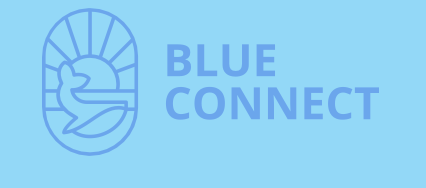
BlueConnect: Enhancing MPA Connectivity for Marine Biodiversity
BlueConnect focuses on strengthening the connectivity between MPAs to support marine biodiversity and ecosystem services. By developing tools for ecological corridor identification and conservation effectiveness monitoring, BlueConnect aims to meet ambitious EU restoration targets. The project also emphasizes innovative stakeholder collaboration methods to ensure the successful implementation of these tools. In November 2024, BlueConnect participated in the “Connecting Seas: Cooperation and Tools for EU Marine Protected Areas” workshop in Amsterdam, collaborating with projects like BLUE4ALL, MSP4BIO, BioProtect, and MPA Europe to explore synergies and share insights.
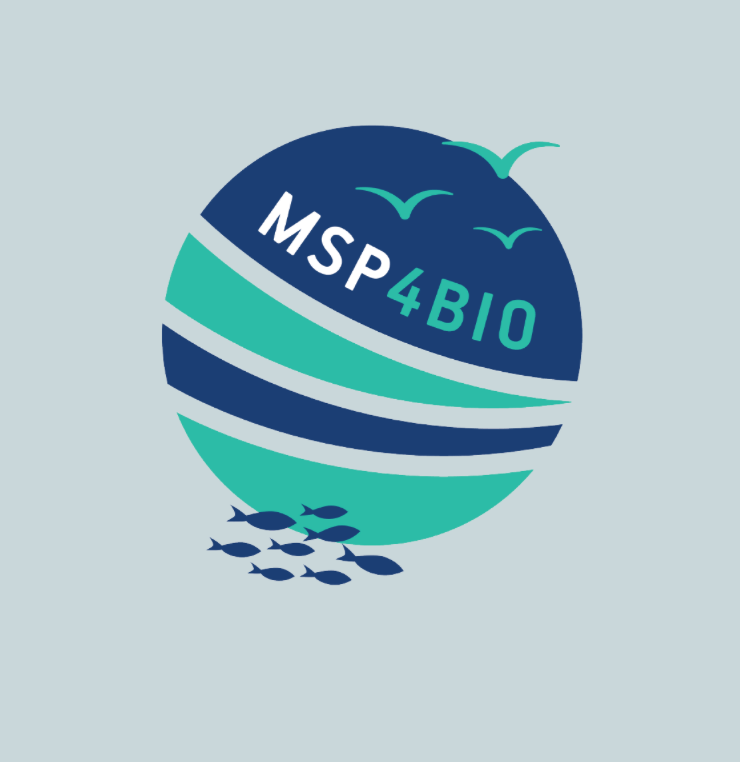
MSP4BIO: Advancing Science-Based Maritime Spatial Planning
MSP4BIO focuses on improving science-based maritime spatial planning to safeguard and restore biodiversity within a coherent European MPA network. The project develops and demonstrates how knowledge-based marine spatial planning can serve as a vehicle and tool for the protection and recovery of marine ecosystems. Engaging planners and MPA managers, MSP4BIO has created an integrated, flexible socio-ecological management framework, validated across six pilot sites in five European sea basins.
These sister projects exemplify the collaborative efforts underway to protect and restore Europe’s marine ecosystems. By sharing knowledge, tools, and strategies, we collectively advance towards a sustainable and resilient future for our oceans.
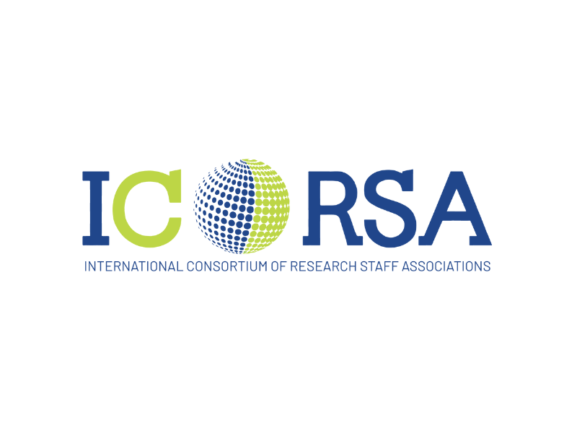
ICoRSA RRING Community
The ICoRSA RRING Community fosters responsible research and innovation by connecting researchers and organisations globally to advance the Sustainable Development Goals (SDGs). It promotes mutual learning, collaboration, and advocacy for freedom in research, aligning with the 2017 Recommendation on Science and Scientific Researchers. The RRING project created a platform for sharing best practices, influencing policies, and co-creating impactful programs in the research and innovation ecosystem.
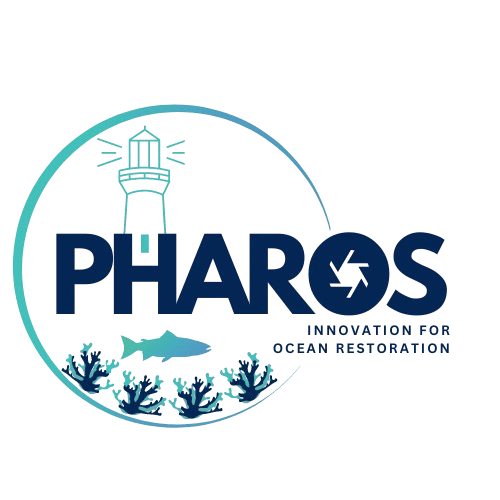
Pioneering Marine Biodiversity Restoration in the Atlantic and Arctic
PHAROS, a groundbreaking five-year initiative launching in September 2024! Funded by the EU’s Horizon Europe program, PHAROS brings together 24 leading organizations to tackle the urgent challenges of marine biodiversity loss, climate change, and pollution across the Atlantic and Arctic regions.
Restoration
The project will focus on restoring marine habitats through innovative aquaculture techniques and ecosystem rehabilitation. It will address pollution reduction and promote sustainable ocean management, ensuring that economic activities in the blue economy align with ecological conservation. A key objective is to develop strategies that support a carbon-neutral blue economy, balancing economic development with the health of marine ecosystems.
The project focuses on:
✅ Restoring degraded marine habitats through innovative aquaculture and ecosystem rehabilitation.
✅ Reducing pollution and promoting sustainable ocean management.
✅ Building a carbon-neutral blue economy, ensuring economic growth aligns with ecological well-being.
Three Demo Sites
PHAROS will conduct real-world testing at three demonstration sites. In Gran Canaria, Spain, the project will integrate advanced aquaculture techniques with storm-proof infrastructure to enhance marine biodiversity. In Bantry, Ireland, it will investigate the role of macroalgae farming in salmon aquaculture to improve biodiversity and water quality. In Iceland, environmental DNA (eDNA) monitoring will be used to track and manage invasive species, helping to protect native marine life.
PHAROS will test real-world solutions across three key sites:
🔹 Gran Canaria, Spain – A multi-layered pilot integrating advanced aquaculture and storm-proof infrastructure to enhance biodiversity.
🔹 Bantry, Ireland – Exploring the benefits of macroalgae farming in salmon aquaculture to boost biodiversity and water quality.
🔹 Iceland – Implementing cutting-edge environmental DNA (eDNA) monitoring to track and manage invasive species.
Living Labs
A crucial element of PHAROS is stakeholder engagement through the creation of Living Labs, where local communities, policymakers, and researchers will collaborate to develop and implement effective ecosystem restoration strategies. The project will also leverage the MINKA citizen science platform to encourage public participation in biodiversity monitoring, allowing people to contribute valuable data that will support marine conservation efforts.
PHAROS is shaping the future of marine conservation by combining cutting-edge research, technology, and community-driven solutions. Stay informed about the project’s progress and explore opportunities to get involved by visiting the website at pharosproject.eu and following PHAROS on social media for the latest updates.